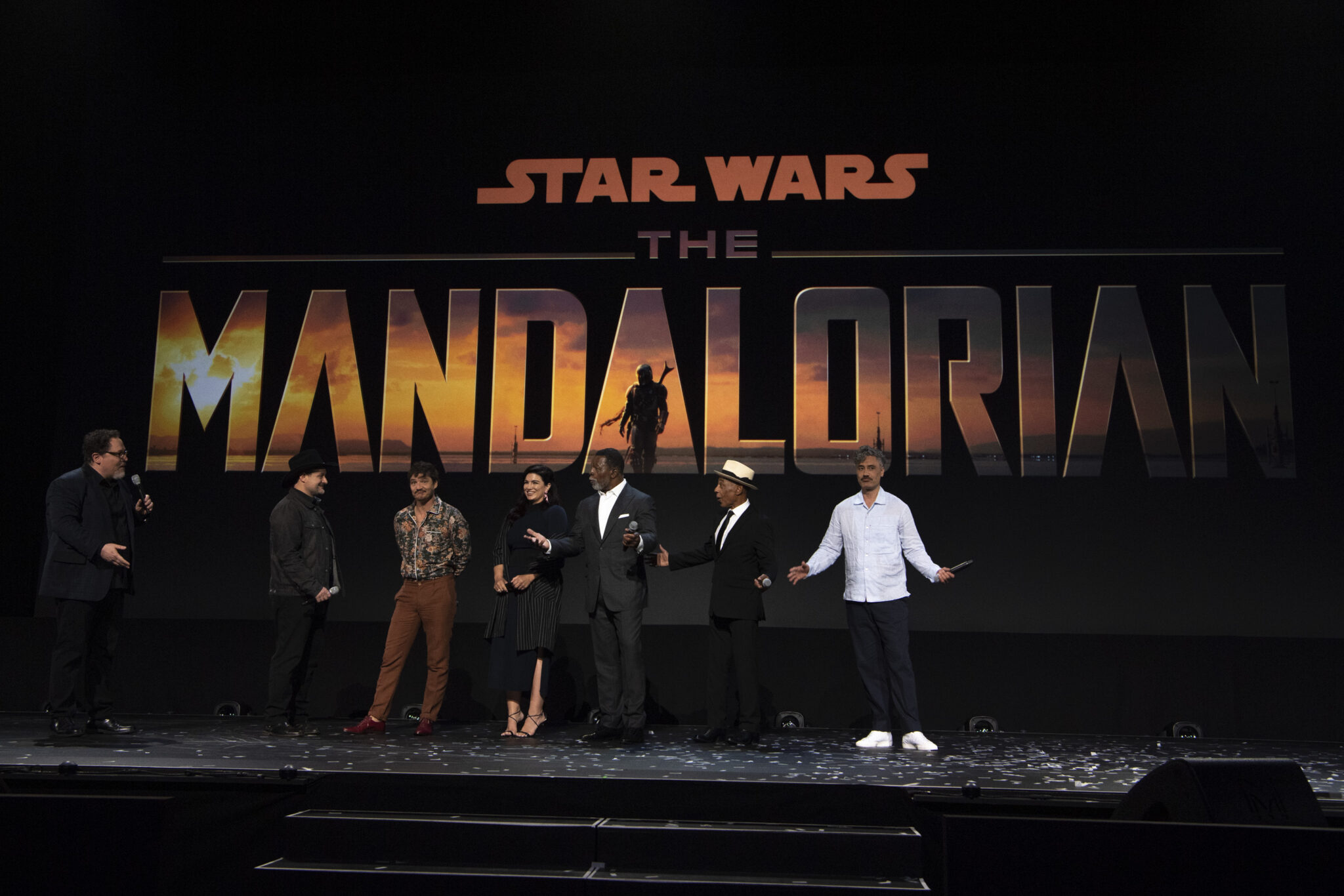
Holden Hopkins is a student at Harvard Law School.
In today’s News & Commentary, Disney tests a new free speech theory of defense in employment discrimination cases, University of California workers vote to authorize strike, and an NLRB judge rules that Starbucks illegally excluded union stores from pay cycle changes.
As Gil reported back in February, The Walt Disney Company has been facing an employment discrimination suit from actress Gina Carano who alleges that she was fired from her show “The Mandalorian” for her political views after a series of social media posts the company deemed to be antisemitic and transphobic. Now, Disney is advancing a defense to Carano’s claims—brought under a California statute which aims to protect employee political activity outside of the workplace—arguing that actions such as the termination of Carano are tied to the company’s right to control its brand message.
Michael Selmi, a law professor at Arizona State University with a focus on employment discrimination and civil rights law questioned the broader efficacy of this tactic. “I do not anticipate that employers more generally will receive any protection from claims of discrimination based on the First Amendment defense,” Selmi told Bloomberg Law. However, the interactions of this defense with the California state law at question, as well as Disney’s claim for special consideration as a fundamentally “expressive entity” could pose interesting questions of law for the court to resolve.
On Thursday, ninety-nine percent of AFSCME Local 3299’s 35,000 student workers at the University of California system voted to authorize a strike. This vote comes in response to what the union has described as bad-faith bargaining by the University and will impact more than ten campuses and medical clinics across the state. Of chief concern for the student workers is a crisis of housing affordability, with many workers reporting being left with no other option but to sleep in their cars. The University has reportedly failed to bargain over healthcare costs, which have increased, and refused to provide the union with financial and staffing information.
Also on Thursday, an NLRB judge ruled that Starbucks had violated labor law by excluding union stores across several states from the company’s 2022 shift to a new weekly pay cycle. The company was ordered to immediately implement the change at unionizing stores and to offer it at stores which had already unionized. The judge also issued a broad cease-and-desist order that Starbucks refrain from violating workers’ organizing rights in California, Massachusetts, Minnesota, and Maine.






Daily News & Commentary
Start your day with our roundup of the latest labor developments. See all
February 9
FTC argues DEI is anticompetitive collusion, Supreme Court may decide scope of exception to forced arbitration, NJ pauses ABC test rule.
February 8
The Second Circuit rejects a constitutional challenge to the NLRB, pharmacy and lab technicians join a California healthcare strike, and the EEOC defends a single better-paid worker standard in Equal Pay Act suits.
February 6
The California Supreme Court rules on an arbitration agreement, Trump administration announces new rule on civil service protections, and states modify affirmative action requirements
February 5
Minnesota schools and teachers sue to limit ICE presence near schools; labor leaders call on Newsom to protect workers from AI; UAW and Volkswagen reach a tentative agreement.
February 4
Lawsuit challenges Trump Gold Card; insurance coverage of fertility services; moratorium on layoffs for federal workers extended
February 3
In today’s news and commentary, Bloomberg reports on a drop in unionization, Starbucks challenges an NLRB ruling, and a federal judge blocks DHS termination of protections for Haitian migrants. Volatile economic conditions and a shifting political climate drove new union membership sharply lower in 2025, according to a Bloomberg Law report analyzing trends in labor […]